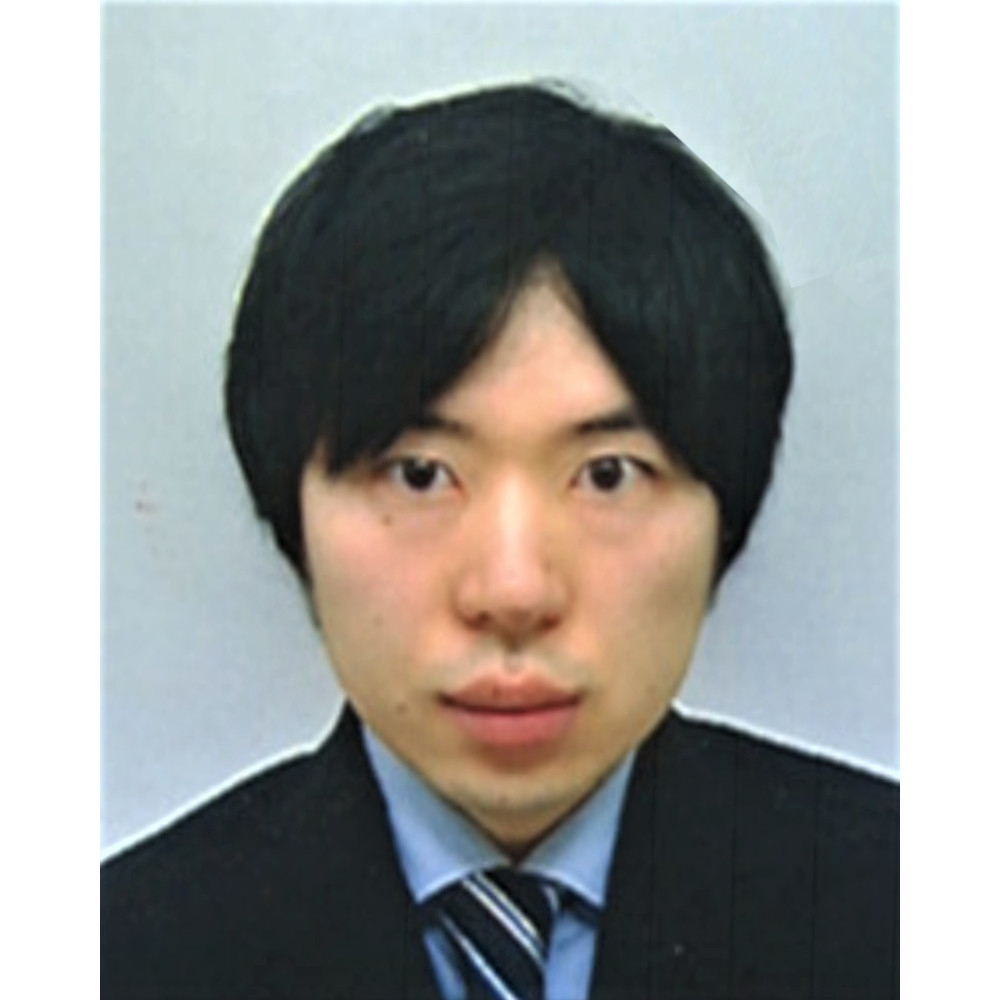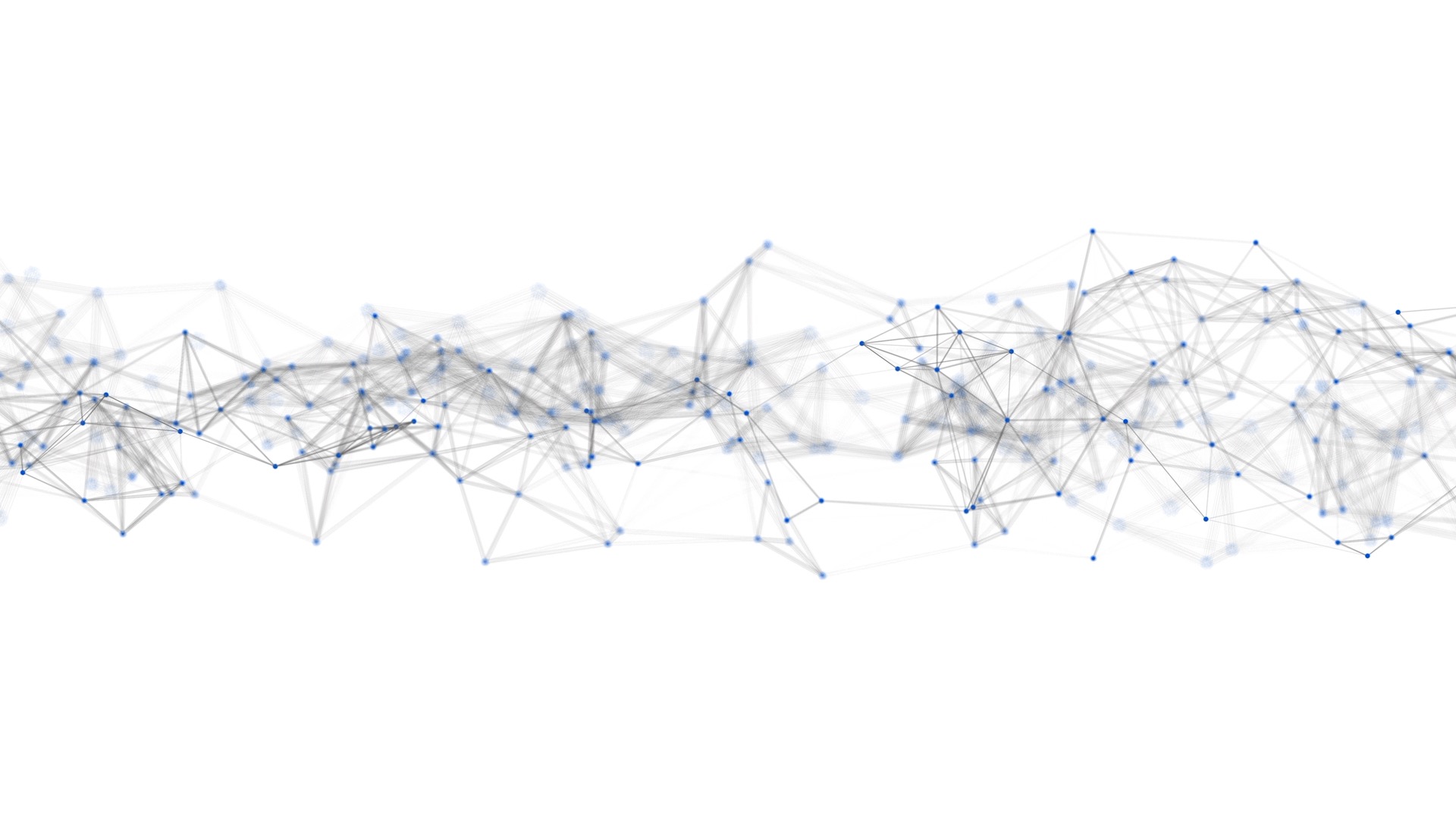
Kohei Hamanaka
| Position | Assistant Professor |
|---|---|
| Group name | Murakawa Group |
| Research Field | Human genetics |
| Awards | Encouragement award, Japanese Society of Human Genetics (2022) |
| ORCID | https://orcid.org/0000-0001-5179-331X |
| Joined | Apr. 1, 2023 |
Research Overview
Functional consequence of tandem repeat variation in the human genome
Macro (not micro) satellite repeats are DNA sequences that are tandemly repeated twice or more with units of larger than 1 kb and typically spanning hundreds of kilobases. Variations in the size of certain macrosatellite repeat arrays have been linked to gene expression levels in cis and the development of diseases. For example, contraction of the macrosatellite repeat array on chromosome 4q35 (D4Z4) derepresses an adjacent gene, DUX4, in cis through chromatin remodelling, leading to the development of facioscapulohumeral muscular dystrophy. Despite their biological and medical importance, no effort has been made to systematically identify macrosatellite repeats associated with gene expression and to examine their roles in diseases. To address this, I plan to perform 1) a expression quantitative trait loci (eQTL) analysis using genome and transcriptome datasets of human populations and 2) a phenome-wide association analysis using biobank datasets. This study will aid in the genetic diagnosis of diseases of unknown aetiology and the advancement of precision medicine in the future.
Biography
Kohei Hamanaka obtained his PhD from Kyoto University (2016) (seconded to Department of Neuromuscular Research, National Center of Neurology and Psychiatry from 2012 to 2016). He undertook postdoctoral training (2017-2020) and worked as Assistant Professor (2020-2023) at Department of Human Genetics, Yokohama City University Graduate School of Medicine. He was appointed Program-specific Assistant Professor in the Institute for the Advanced Study of Human Biology (ASHBi), Kyoto University (2023).


